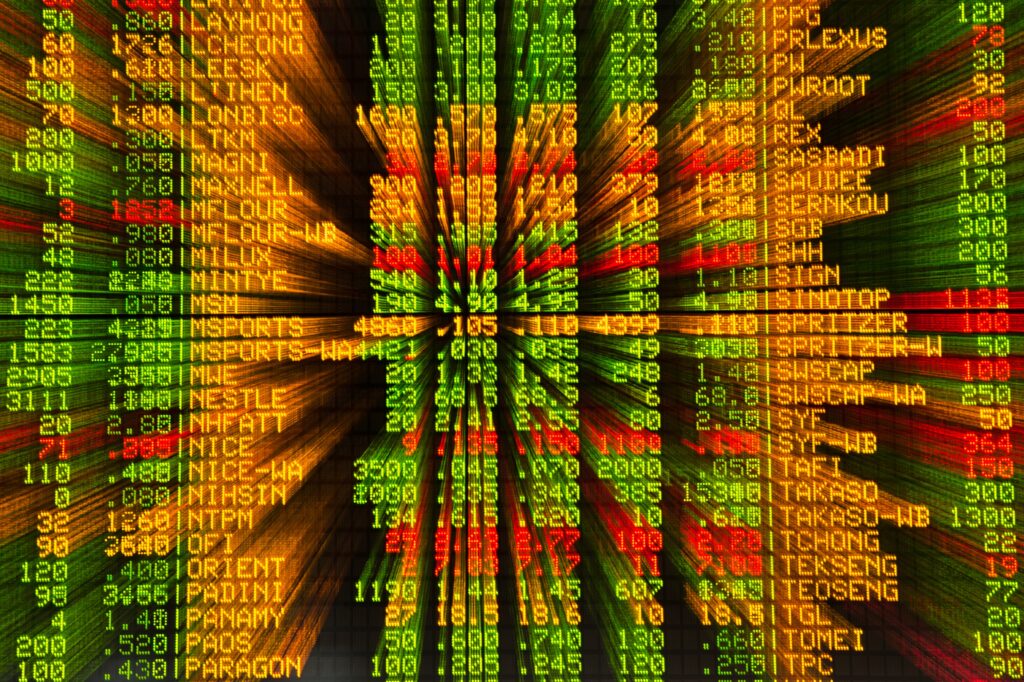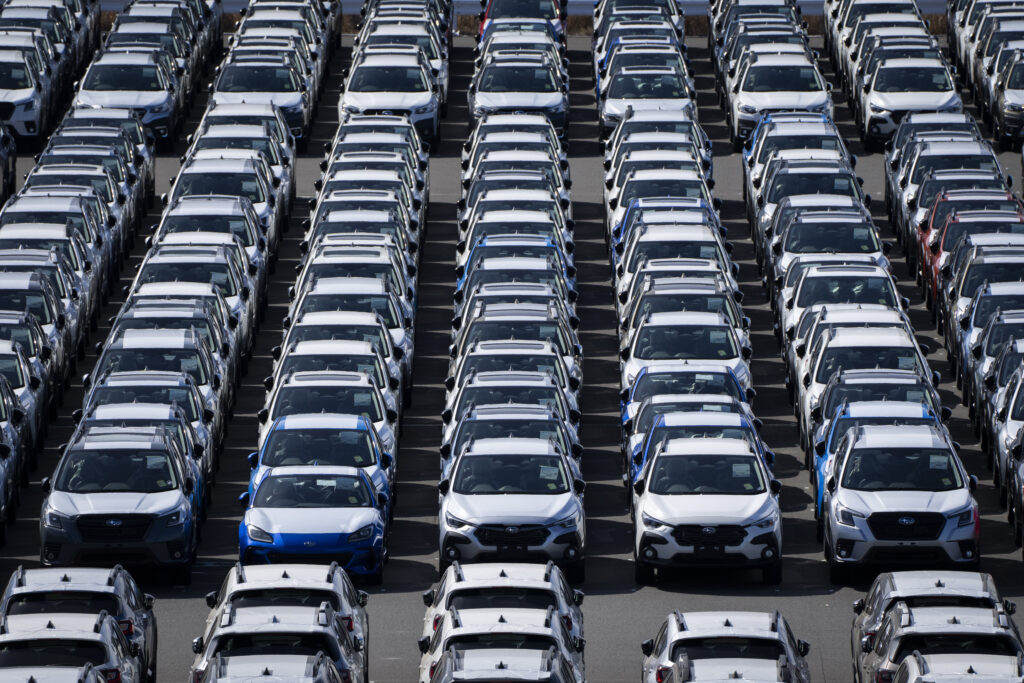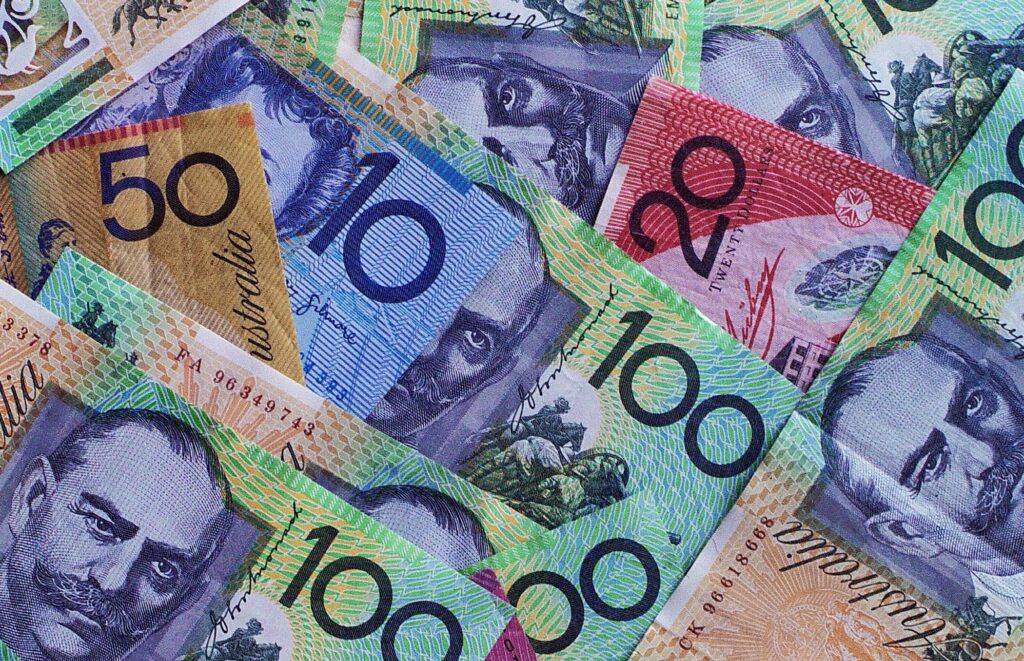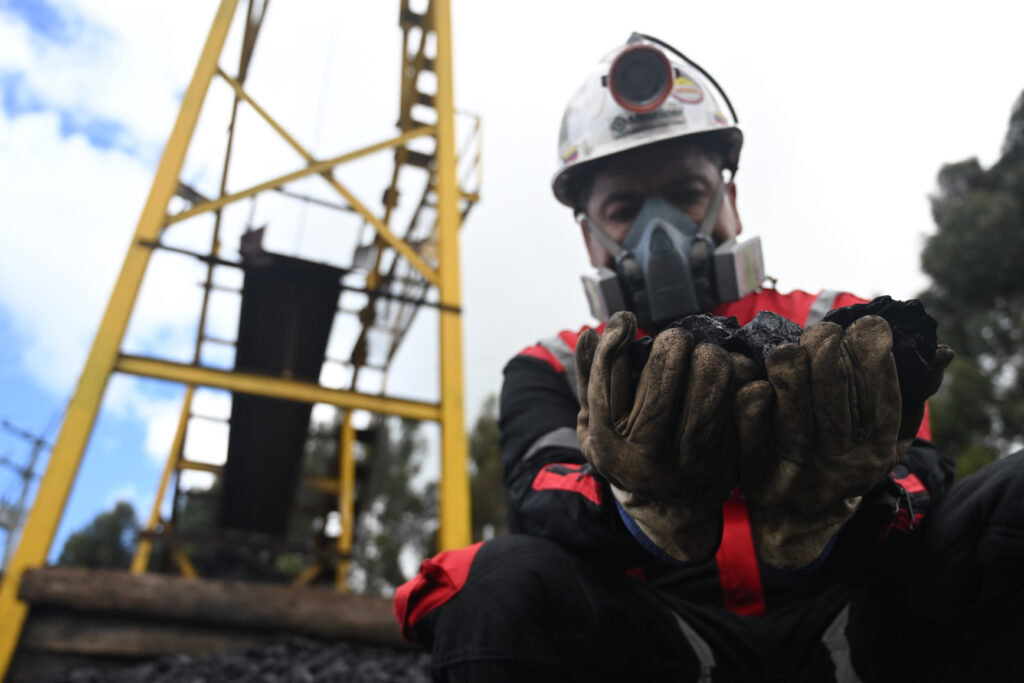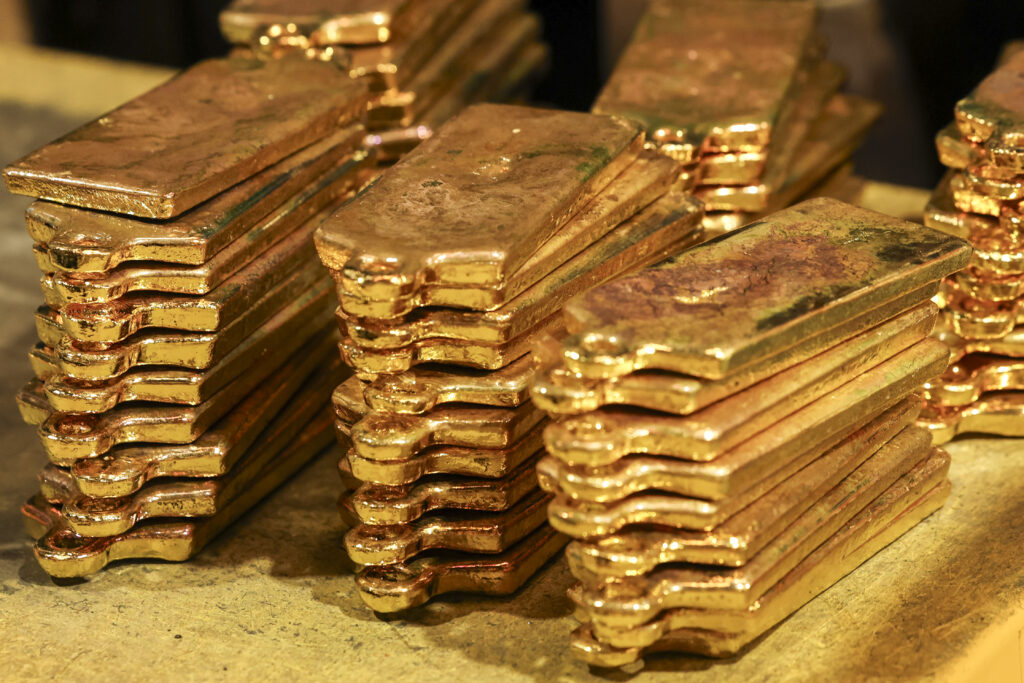Stocks rise ahead of key US jobs data
Asian and European stock markets advanced on Friday ahead of a key US jobs report that will give insight into the Federal Reserve’s path for interest rates.The global bond market was steady after yields jumped this week on concerns over mounting government debt.London, Paris and Frankfurt all gained in midday trading on Friday. Traders brushed off data showing German industrial orders unexpectedly fell in July. Investors are focused on US non-farm payrolls data (NFP) for August set to be released later on Friday.”There is a sense that the August report could be pivotal for financial markets,” said Kathleen Brooks, research director at trading group XTB.Figures are expected to confirm a cooled labour market as companies pull back on hiring amid ongoing uncertainty over President Donald Trump’s tariffs.”We think that the September cut is a done deal at this stage… however, a stronger NFP report for August could cast doubt on the potential for rate cuts further down the line,” Brooks added.The report is set to attract heightened scrutiny.A poor showing last month prompted Trump to fire the commissioner of labor statistics after the president claimed the numbers were “rigged”. In Asia, China’s blue-chip CSI 300 benchmark recovered on Friday after falling 2.1 percent the previous day — the largest drop since early April when Trump’s tariff threats caused the index to drop more than seven percent in one day.An August rally in Chinese stocks, fuelled by surging shares in semiconductor firms, ground to a halt this week, with Cambricon Technologies tumbling 14 percent Thursday on reports of a regulatory clampdown.Main indices in Hong Kong and Shanghai closed higher Friday. Tokyo also climbed after Trump signed an order to lower tariffs on Japanese autos to 15 percent from 27.5 percent.The price of gold rested near its all-time high, remaining a refuge for investors turning away from long-term bonds despite traditionally seen as safe assets.Oil prices extended losses in anticipation of excess supply in the coming months as OPEC+ nations, which include Saudi Arabia and Russia, are expected to further unwind production cuts.Oil has tumbled 12 percent this year as global producers outside OPEC+ ramp up and tariffs curb demand.- Key figures at around 1050 GMT -London – FTSE 100: UP 0.3 percent at 9,241.54 pointsParis – CAC 40: UP 0.1 percent at 7,704.85Frankfurt – DAX: UP 0.2 percent at 23,807.91Tokyo – Nikkei 225: UP 1.0 percent at 43,018.75 (close)Hong Kong – Hang Seng Index: UP 1.4 percent at 25,417.98 (close)Shanghai – Composite: UP 1.2 percent at 3,812.51 (close) New York – Dow: UP 0.8 percent at 45,621.29 (close)Euro/dollar: UP at $1.1696 from $1.1649 on ThursdayPound/dollar: UP at $1.3483 from $1.3437Dollar/yen: DOWN at 148.14 yen from 148.45 yenEuro/pound: UP at 86.76 from 86.72 penceWest Texas Intermediate: DOWN 0.7 percent at $63.02 per barrelBrent North Sea Crude: DOWN 0.6 percent at $66.63 per barrel
